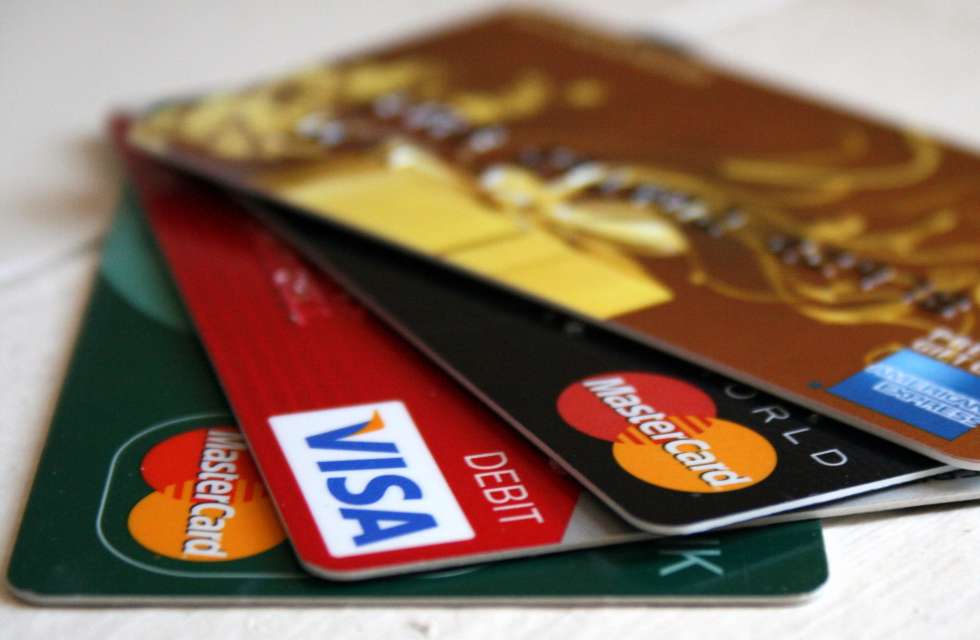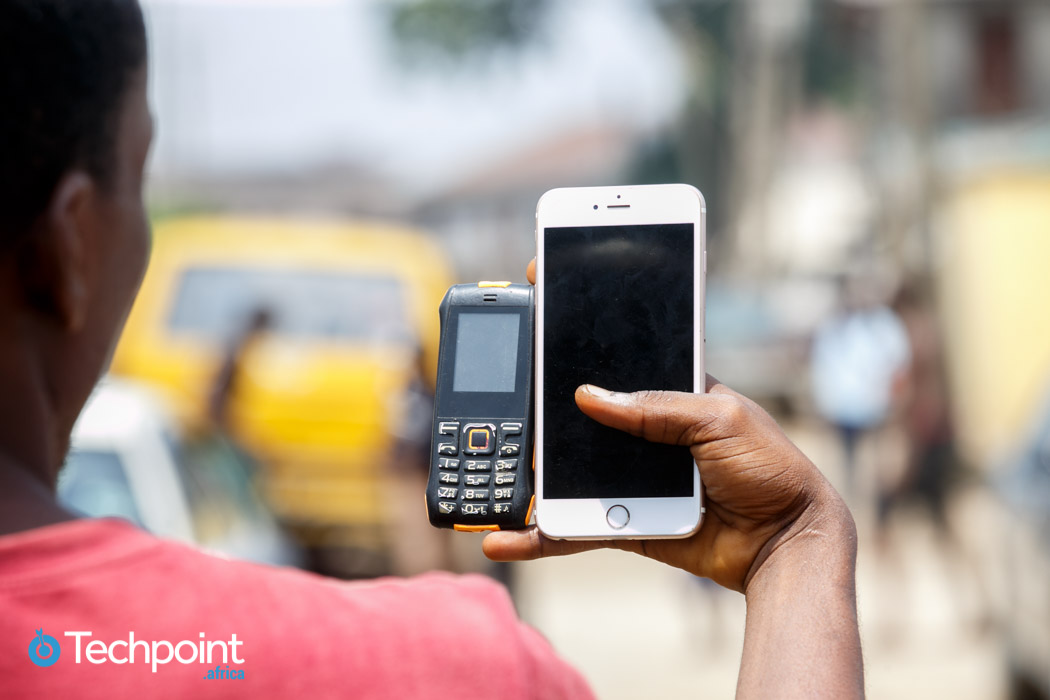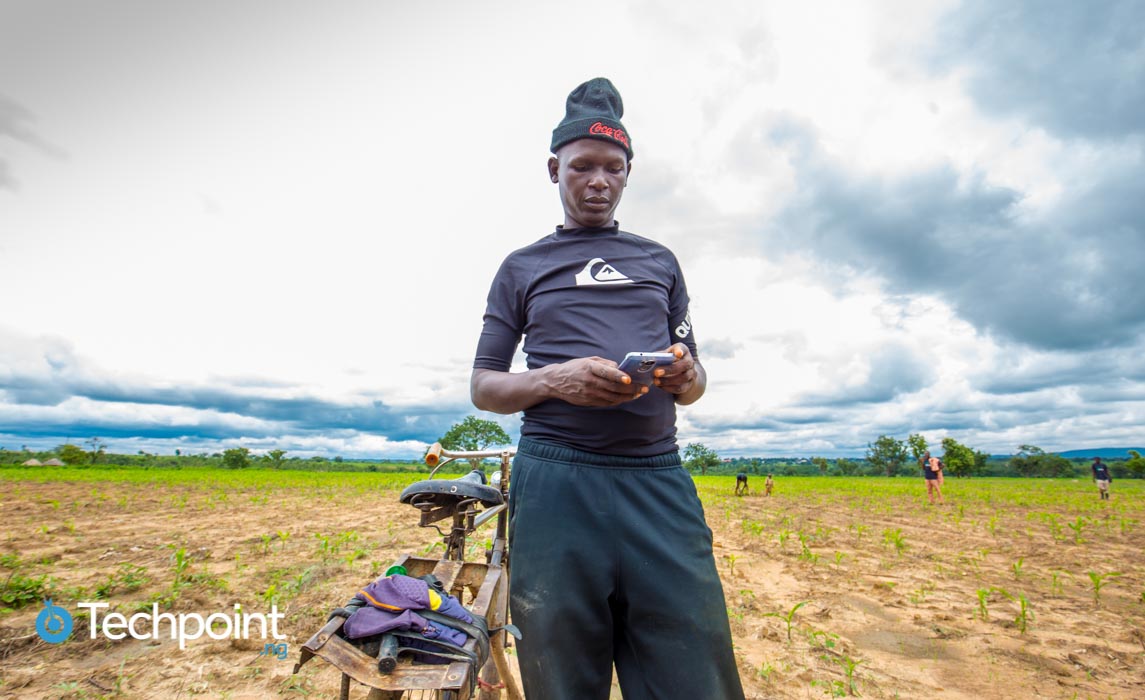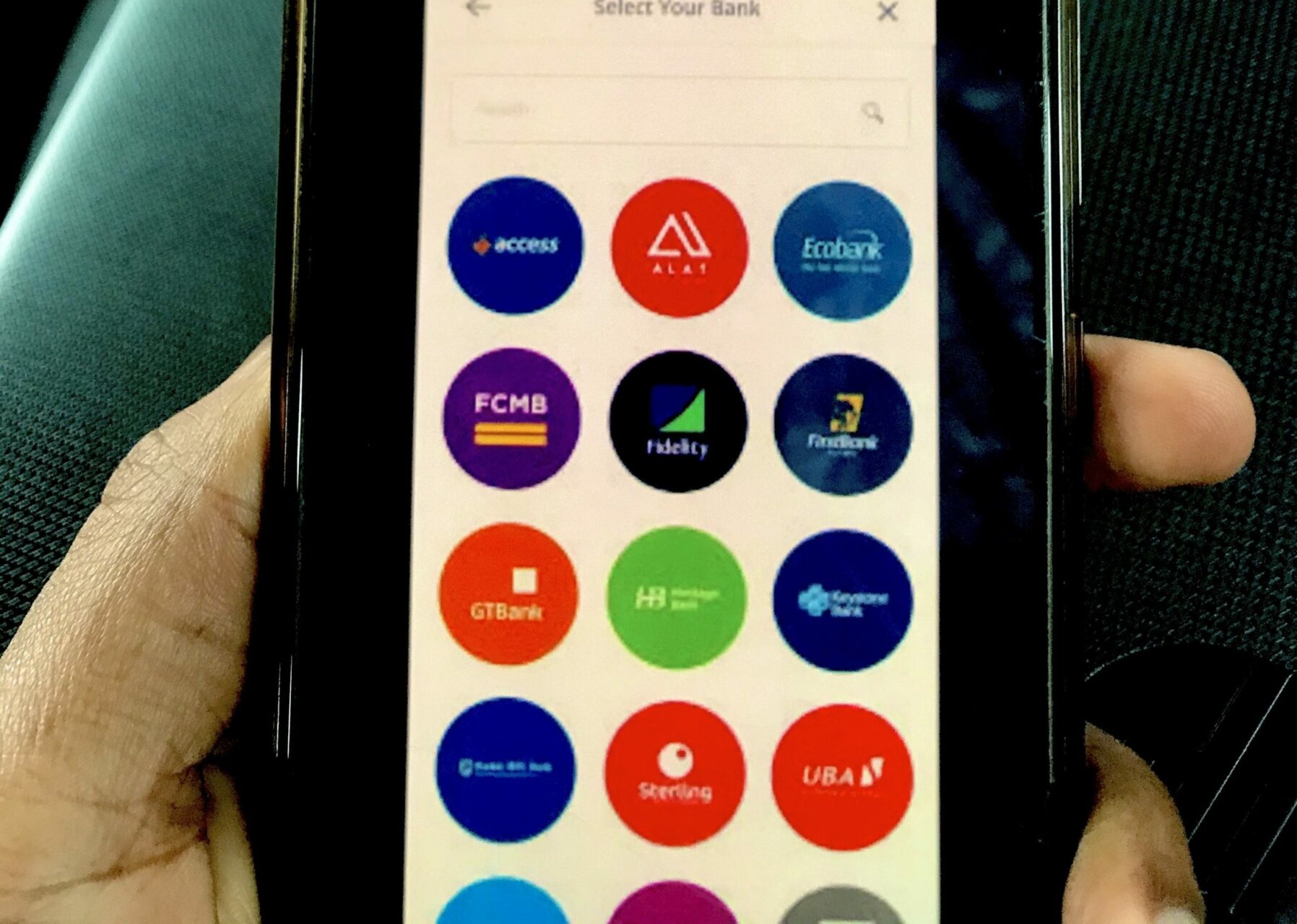On Friday, April 28, 2023, users of Nigerian fintech startup, Payday, received an email informing them of changes to the startup's virtual card services. While assuring them that card services would soon resume, it encouraged users to ensure they had enough funds to cover payments made using the cards.
Part of the email read thus, "To ensure a seamless payment experience and compliance with our provider's policies, please note that we may be required to permanently terminate your card and Payday account if your card declines multiple times due to insufficient funds." Furthermore, it has stated that it would charge $1 for every transaction declined on the grounds of insufficient funds.
Across the street, Chipper Cash, another startup that provides virtual dollar cards announced that it would begin charging a ₦500 non-refundable fee for transactions declined due to insufficient funds. Payday and Chipper Cash are not the only startups affected by this scourge and many other card providers have shut down or paused their card-issuing services as they grapple with challenges in the space.
As Nigeria's economy has taken a hit, it has become difficult for Nigerians to access foreign exchange for dollar-denominated transactions. Not even the banks have been spared with many commercial banks revising their monthly transaction limits to $20 in the last year. Such a low transaction limit has driven the ubiquity of virtual dollar cards by services like Payday and Chipper Cash.
Unlike physical cards issued by commercial banks, these virtual cards allow Nigerians to make purchases that exceed the limits imposed by local banks and have gained widespread acceptance. However, card issuers have faced a problem that threatens to derail the progress they have made.
Challenges with chargebacks and insufficient funds
In 2022, Union54, a YC-backed startup that enables startups to issue physical and virtual cards halted its services in Nigeria leading startups like Flutterwave, Eversend, and Payday to stop issuing these cards. At the time, the startup said it had witnessed many cases of chargeback fraud.
Once again, chargeback fraud has been highlighted as the reason for the changes at startups like Payday. According to Tunde Adewole, Co-Founder and CEO of Bridgecard, a startup that provides a card-issuing infrastructure, while card schemes like Mastercard require issuers to limit chargeback rates to 1%, there has been a surge in chargeback cases at Nigerian fintechs.
"Card schemes [like] Mastercard and VISA have a chargeback rate of around 1%, meaning that any issuer is supposed to make sure that chargebacks are less than 1% of their total transactions, but in recent times we've seen really high numbers. In some cases users make purchases on eCommerce websites like Aliexpress or Amazon, get the goods delivered to their doorstep and then file for a chargeback to get their money back claiming they never received the item."
Another issue that has been raised is the case of transactions declined due to insufficient funds. Two common scenarios play out here. The first involves customers adding their cards to services without having sufficient funds to complete the transaction. The second happens when service providers are unable to debit customers for purchases instantly. This allows them to make repeated purchases which the providers are unable to deduct. In both cases, the card scheme could charge the issuer for failed transactions.

Don't miss out on Africa's financial revolution
Give it a try, you can unsubscribe anytime. Privacy Policy.
Towards an effective solution
Chargeback fees and card decline fees are detrimental to startups as they have to pay the card scheme out-of-pocket regardless of whether the customer's claim is right or wrong. Chargeback fees often range between $20 and $100 depending on the issuer.
Virtual dollar cards solve a problem for many Nigerians but the challenges involved in providing them means startups must think hard about their solutions. While chargeback cases may prove harder to crack, incidents of declined transactions due to insufficient funds present a different challenge.
There would undoubtedly be customers who intentionally do not fund these cards but many more do not use these cards regularly and may forget to fund them. Additionally, difficulties in sending money to these services could be a challenge and startups must provide adequate solutions. Providing a subscription tracker is a solution that has been mooted while disposable cards have also been suggested.
A disposable virtual card is a card designed to be used once after which it is no more valid.
Using a disposable card, users can make one-time payments and not worry about being charged for declined payments or fraud. Providers, on the other hand, do not have to worry about declined transactions caused by insufficient funds, while its nature means users would only create cards when they need them.
While customers have a role to play in reducing these incidents, Adewole faults startups who are so eager to make a sale that they relax their KYC requirements.
"We've had instances where fintech companies have told us not to do KYC on their users or ask us to do what another provider is doing in terms of transaction rules; we've lost huge deals to this. Turning down such offers is the only reason our card-issuing product is still live to date."
In addition to conducting appropriate KYC checks, he adds that they often require customers to approve transactions after inputting their card details. Customers are also required to pay a 20% fee before chargebacks are disputed on their behalf.
"We have 3D security implemented on most of our card products, so customers always need to approve transactions on their end even after providing their card details. We also have some rules guiding the filing of chargebacks like users paying a 20% fee upfront before we can dispute any chargeback on their behalf irrespective of the outcome, limiting the number of chargebacks filed per user to once a month."
Where a customer has had three transactions declined due to insufficient funds, he mentions that the card is frozen and sent in for a manual review. Cards can also be suspended or blocked for these reasons.
With the demand for dollar cards driven by the limits placed by commercial banks, Adewole believes that it could drive down the demand for them. However, he adds that they intend to launch virtual and physical naira cards for such scenarios.
"From our numbers, an average user spends about $150 monthly, and only very high-end users go above $10,000 monthly spend. That's why we're working on launching a physical/virtual Naira card that can spend up to $1,500 monthly in 1-2 weeks."




















